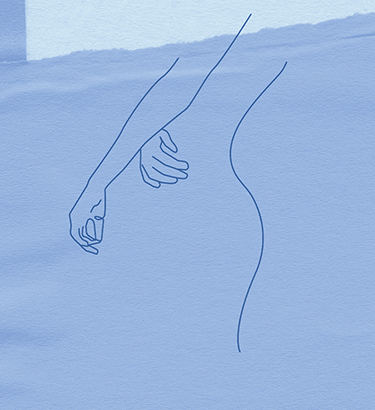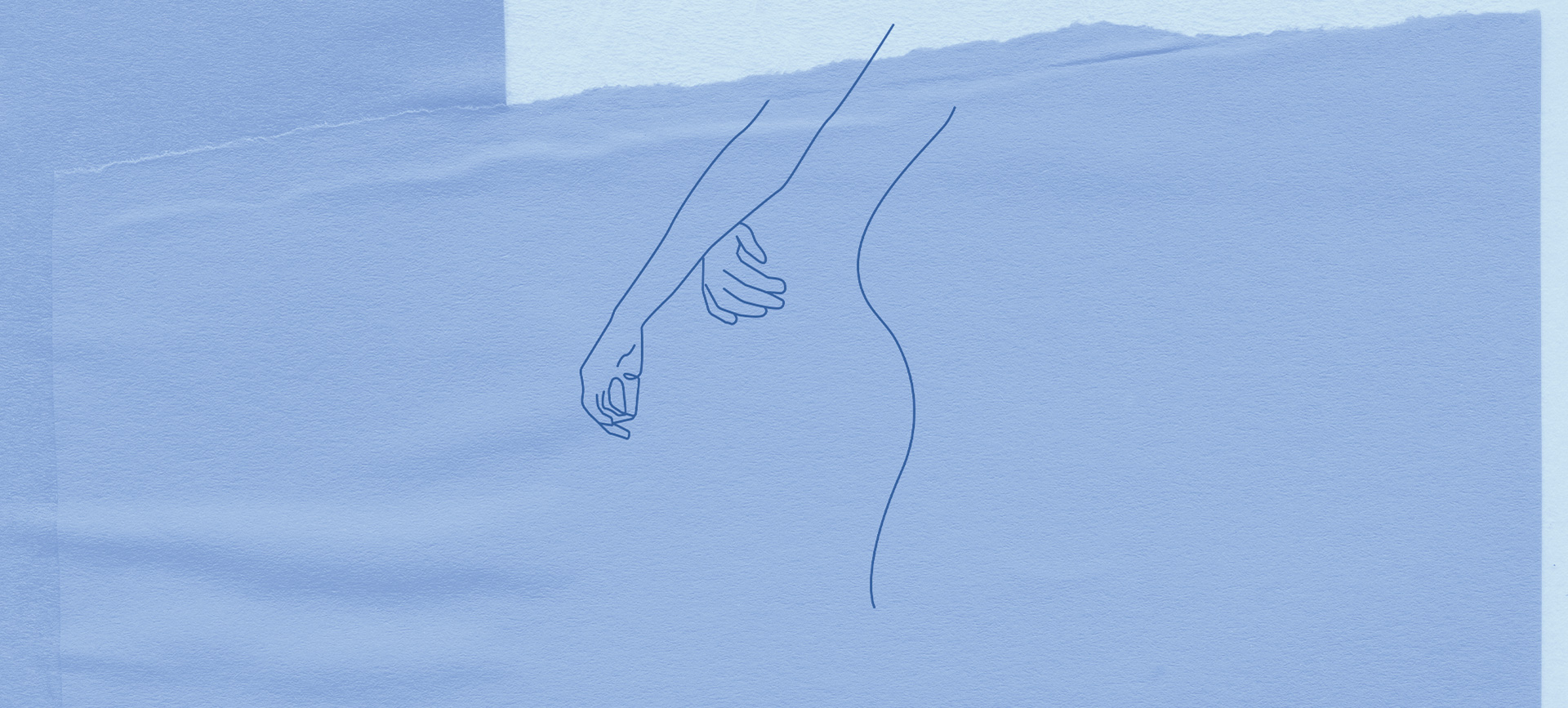I grew up wanting children. I remember as a teenager staring into my vanity mirror, puffing out my stomach, hoping to reflect one of my pregnant teachers. When I started dating and looking for a life partner, I would swipe left on men who said they never wanted babies. Biological motherhood was always going to be a part of my future.
But then I got cancer.











